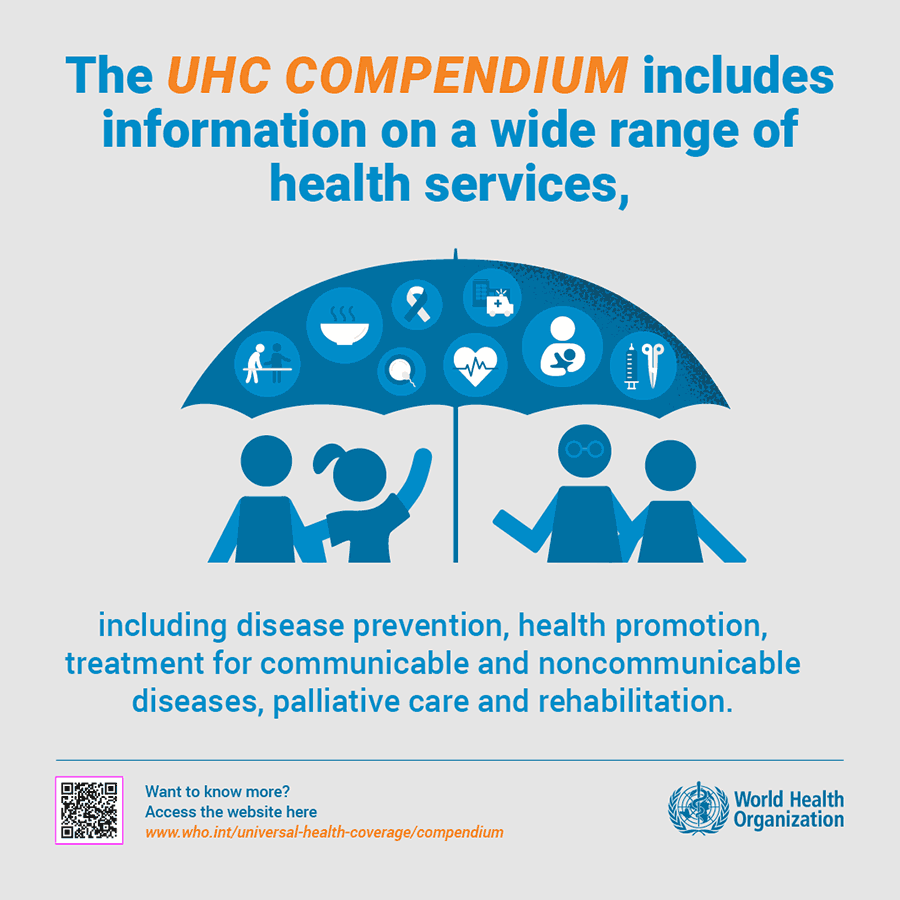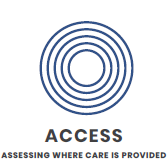Economic Evaluation & Analysis

The Economic Evaluation and Analysis (EEA) team assists countries to collect, evaluate and introduce economic evidence into health policy. Cognizant from the start of resource constraints in countries at whatever income level, prioritization with a focus on allocative and technical efficiency is a key work area. Addressing the resource allocation decisions that policymakers regularly face, the work area on value for money and prioritization also includes considerations of health system feasibility, costs and budget impact, and an assessment of the contribution of improved health to the economy. EEA also measures and evaluates the impact of health financing and other policies on universal health coverage, specifically on equity and on financial protection. All these are accomplished by leading, advocating, and developing methods, tools, and standards, by increasing country capacity, and by providing technical assistance to countries to produce and to use economic evidence.
Our work

Featured
Tools
All →Publications
All →
Tracking inequalities in financial hardship due to out-of-pocket health spending by age structure of...
This brief first provides more conceptual details about how a life-course approach can be adapted to track inequalities in financial hardship due to out-of-pocket...

The far-reaching impacts of the COVID-19 pandemic underscore the critical need for evidence-informed, transparent and inclusive decision-making. Policy-makers...

IntroductionIn 2019, the Seventy-second World Health Assembly requested the WHO Director-General to prepare a menu of policy options and cost-effective...

Health policy makers around the world have long shown interest in the value created by health systems and this preoccupation will likely only intensify...

It is increasing apparent that countries are finding it difficult to finance their universal health coverage goals. They must generate more...

Principles of health benefit packages
No country in the world is able to provide every health service to everyone. Choices must be made on the path to universal health coverage. By changing...

Sustaining lives and livelihoods: a decision framework for calibrating social and movement measures during...
Social and physical distancing and restrictions on international travel (thereafter “social and movement measures”) have been introduced to...
External publications
All →The global landscape of country-level health technology assessment processes: A survey among 104 countries
The cost-effectiveness of banning highly hazardous pesticides to prevent suicides due to pesticide self-ingestion across 14 countries: an economic modelling study
Are the “Best Buys” for Alcohol Control Still Valid? An Update on the Comparative Cost-Effectiveness of Alcohol Control Strategies at the Global Level
Cost-Effectiveness of Interventions to Improve Maternal, Newborn and Child Health Outcomes: A WHO-CHOICE Analysis for Eastern Sub-Saharan Africa and South-East Asia
Progressive Realisation of Universal Health Coverage in Low- and Middle-Income Countries: Beyond the “Best Buys”
Generalised cost-effectiveness analysis of 159 health interventions for the Ethiopian essential health service package
Is Universal Health Coverage Affordable? Estimated Costs and Fiscal Space Analysis for the Ethiopian Essential Health Services Package
Revision of the Ethiopian Essential Health Service Package: An Explication of the Process and Methods Used
The Economic Burden of Malaria: Revisiting the Evidence
Critical issues in the economic evaluation of interventions against communicable diseases
Events
All →Related health topics
Related Links
Contact Us
If you have a query or feedback please contact
Mailing address
Economic Evaluation and Analysis (EEA)
Department of Health Financing and Economics (HFE)
World Health Organization
20 Avenue Appia
CH 1211 Geneva 27
Switzerland










